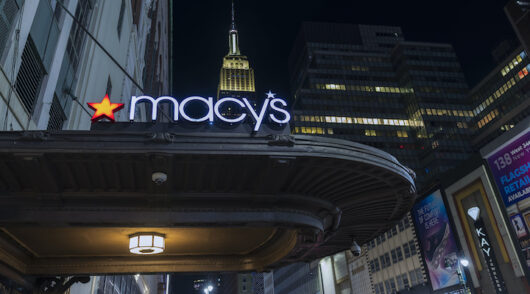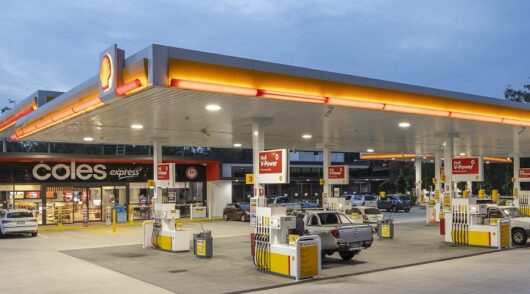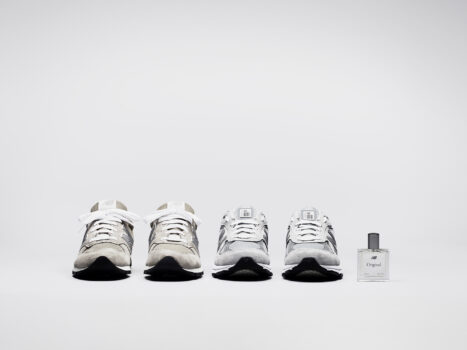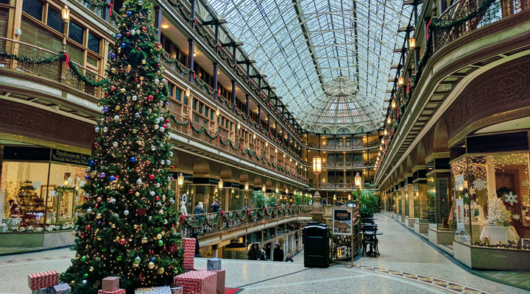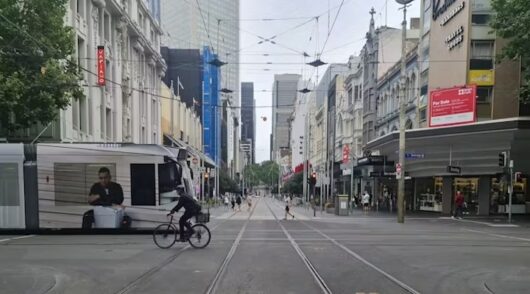
Scott Morrison’s Coalition delivered a hail mary victory over the weekend, beating all predictions and pollsters to earn him a second chance as Australia’s 30th Prime Minister.
Polling had put forward Opposition Leader Bill Shorten as the favourite, but large shifts in voting behaviour in states such as Queensland and Western Australia saw many Labor voters switch sides.
“Thanks again to all Australians, all across the country,” Morrison told reporters after the win.
The news was welcomed by the Australian Retailers Association, with executive director Russell Zimmerman stating that the results were as much a win for retailers as it was for the Liberal Party.
“On behalf of Australia’s $320 billion retail sector, we’d like to offer our warmest congratulations to the Prime Minister and his team on their victory in a hard-fought contest at Saturday’s federal election,” Zimmerman said.
The outcome was likely to provide some certainty for retail businesses, he added, with the tabling of Labor’s proposed changes to penalty rates, and the potential introduction of a living wage.
“Governments don’t determine trade or turnover, but what they administer dictates the conditions with which our members must work to be profitable, to make a living, and create jobs,” Zimmerman said.
“The Morrison government has signalled a commonsense approach to workplace relations, business energy costs, lower taxes, cutting red tape, and taking a rational view on climate change, and we welcome its re-election to office.”
Stable government to deliver certainty
According to the National Retail Association’s chief executive Dominique Lamb, retailers will be “reasonably happy” with the result – since it largely means there will not be significant disruption in the industry for the foreseeable future.
“[Retailers] have some clarity and guarantee around the penalty rates decision, and the independent umpire’s view will be maintained, as opposed to being overturned in the first 100 days as Labor had certainly promised,” Lamb told Inside Retail.
Lamb also pointed to the debate surrounding implementing a living wage, as something some retailers will be happy to see come to an end.
“We know that our friends in New Zealand struggle with that quite a bit, so having something like that implemented in Australia was certainly going to cause a lot of concern and angst within our membership,” Lamb said.
Consumer sentiment and spending are likely to improve in the coming months as the impact of a stable government and the lack of a change in leadership sinks in for the Australian public, Lamb said.
This is likely to be bolstered by Morrison’s decision to prioritise the Liberal Party’s $158 billion income tax cut package, which is to deliver tax relief in the realm of $1,080 for taxpayers earning up to $126,000 a year.
However, according to Lamb, retailers want some certainty that this government understands the role retail plays in the Australian economy – and to enjoy some investment in the area.
“Retail is the second-largest employer in the country, and what retailers really want to see right now is investment into their businesses which are providing the majority of youth in this country with jobs,” Lamb said.
“They want to see more investment in terms of upskilling youth, small business, entrepreneur programs, and technology – things they can implement, they can benefit from, and in turn save them time and money which they can then reinvest into their business.”
Not all retailers are positive about the result, however, with Lush director Peta Granger telling Inside Retail that the business was “deeply disappointed with the election’s result”.
“Our role is to leave the planet and its people in a better place and it’s more important than ever to speak up for our customers, staff and future generations,” Granger said.
“We’ll strive to get better at the tough conversations about what political power and influence means in our day-to-day lives and use our business to help create the change our community wants to see in a more progressive Australia.”

